(ThyBlackMan.com) Growing up hip-hop is different for everyone. Hip-hop connected early for some folks, for others it hit a little later, and still there are those who are so far removed from the themes in a lot of hip-hop that they can’t relate. Also, depending on the period, the music very regional or new artists are on some different stuff from their predecessors. That means growing up hip-hop probably won’t have all of the same influences or experiences across age, gender, and location.
But all of that is obvious. The Black experience itself varies across the board by generation and region.
Growing Up Hip-Hop Personally
The first hip-hop album I remember hearing as a child was 2 Live Crew’s As Nasty As They Wanna Be from 1989. I was four when the album came out but my uncle played it well into the early 1990s. He’d have his small—for his size—two-door car at the car wash and would just blare Uncle Luke and the boys loudly. He had that tape until at least 1994.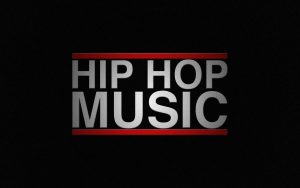
Any other hip-hop I listened to at this time was on The Box. Yes, “Music Television You Control” and it lived up to its name. At that time, Snoop Dogg was still putting out albums, Ice-T, Ice Cube, and LL Cool J were doing movies, and Will Smith and Queen Latifah had successful sitcoms. We were just a year away from Bad Boys but Boyz n the Hood was out for some time and Menace II Society had released a year prior.
In the early 1990s, I was aware of hip-hop songs but they were mainly something my parents and other adults in family had an understanding of. They lived life by the time that they were in their early-mid 30s. Yeah, 9-year old me enjoyed the hell out of “I Got 5 on It” and “Regulate” but 9-year me didn’t full grasp the storytelling of “Regulate” or what “I Got 5 on It” was about.
Actually, it’s the same as it ever was each generation. While it’s the youth demographic that really drives what kind of music gets release because they tend to decide what’s a hit, adults who just exited their teens will keep those artists around going forward.
Awareness of Hip-Hop
So, I had little interest in music up until the end of middle school. I listened to rock mostly while my younger sister listened to everything as did my younger brother. Our classmates and seniors were mainly into hip-hop. I went to a different school from most of my classmates for my freshman year.
At this school, it was a mix of students of different backgrounds. That meant there was a ton of different interests in music, TV, film, etc. You could find people with your interests and it not be this particular group you hang out with.
When I ended up going to the school I was zoned for during my sophomore year, it was a different ball game. I found my group of people who listened to other stuff in addition to hip-hop, I found my anime crew, and so on. High school was when I truly aware that I was growing up hip-hop.
This is a genre based in a high degree of realism. The storytelling around songs might be exaggerated but for the most part these were things that artists either grew up around, aware of, and/or experienced first-hand.
It was I traded Insane Clown Posse’s Bizaar for my friend’s When the Smoke Clears by Three 6 Mafia and I got into it that everything clicked. I was never involved with gang banging, selling drugs, or wanton amounts of close-call sex growing up or in my adulthood. However, there were those around me at school and in the school’s neighborhood who were.
Even in my personal life growing up, there have been things that artists paint from their communities that I’ve seen and experienced first-hand.
A large part of growing up hip-hop is relatability. The other part is just listening to it, taking it in, and understanding the world being explained as well as the technique. If that kind of sounds like growing up a music nerd or hip-hop head, you’d be right.
The Regional and Generational Ingredients
We can’t forget growing up hip-hop by region. In the South during my period, in my part of the South, baggy jeans, Air Force 1s, and tall T’s–usually white—were the rage fashion-wise. Air Force 1s weren’t always the choice as there were folks who loved their Forever I Love Atlantas (Fila shoes). Fashion is going to differ by generation and hip-hop is no exception.
Songs influence fashion and vice versa and once hip-hop had its national boom in the 2000s, it pretty much stopped being based on region. Midwest stuff was being enjoyed in the South, what little was coming out of the west coast was enjoyed on the east coast. A few artists were keeping the east coast alive before the South and the Midwest blew up.
It was an interesting time in music.
One thing that tends to be universe when growing up hip-hop is hearing about how your generation is wearing their clothes and how your generation’s music is bad, awful, or trash. That has always been interesting to me how people experienced this from old heads but do the same thing to a younger generation.
It’s a minor but consistent part of growing up in the culture: your stuff and your days were always better. Never mind all the horrible stuff going on around your generation or the people who were probably lost to the worst elements of the culture or society in general.
There has to be some universal experiences.
Staff Writer; M. Swift
This talented writer is also a podcast host, and comic book fan who loves all things old school. One may also find him on Twitter at; metalswift.













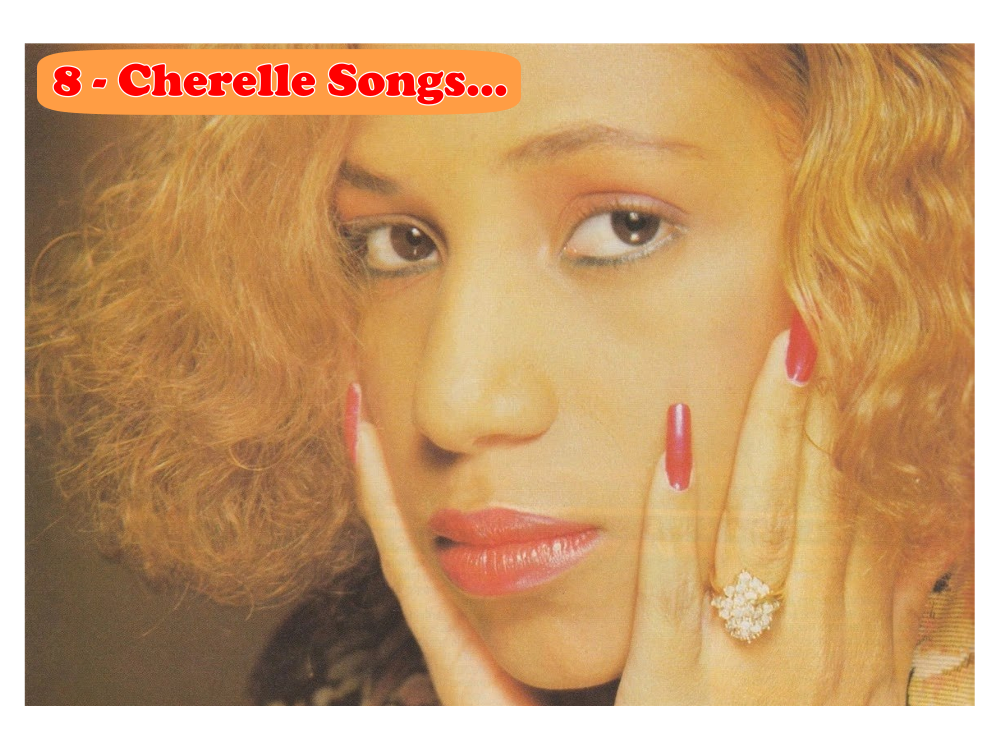
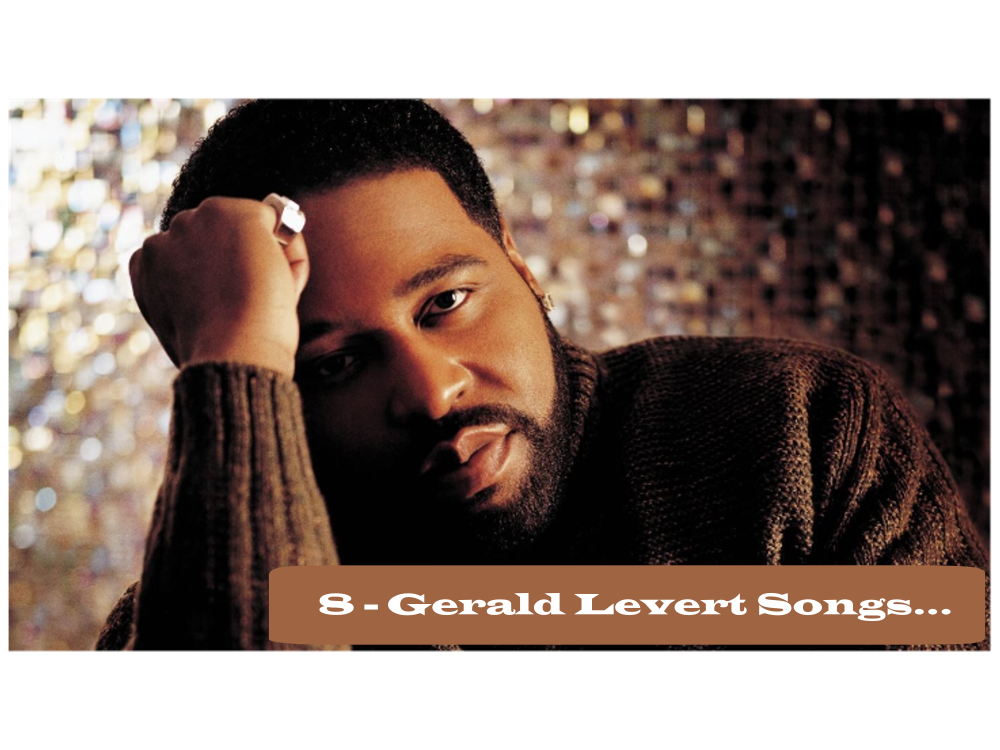
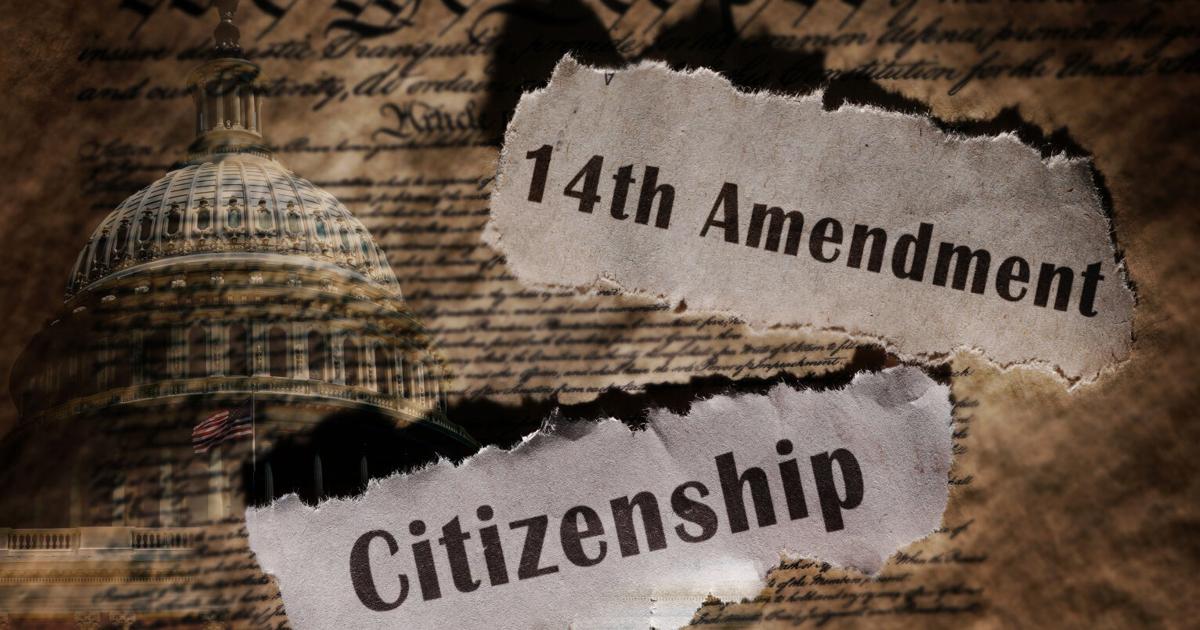
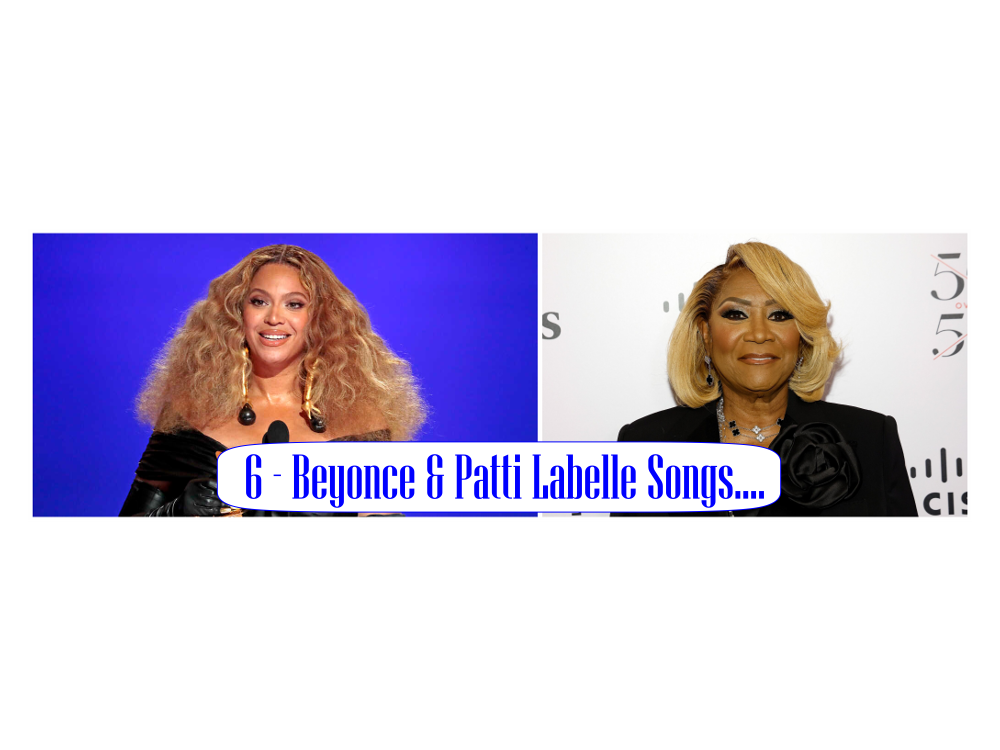
Leave a Reply